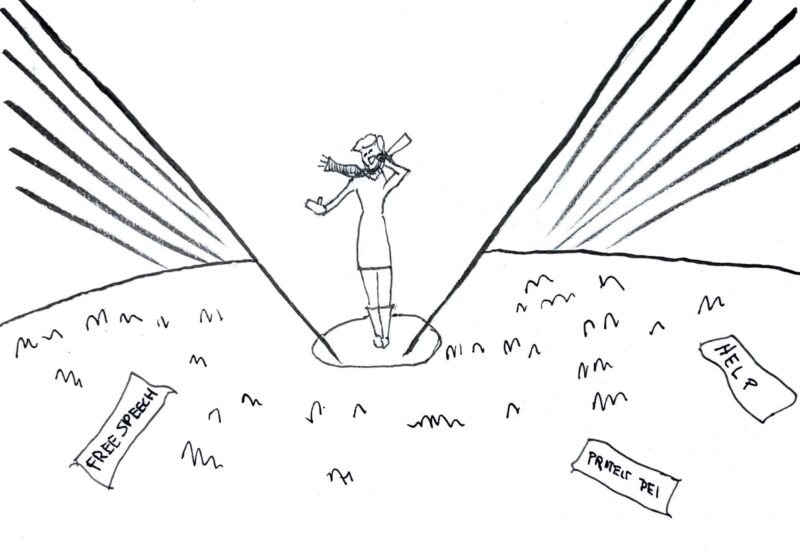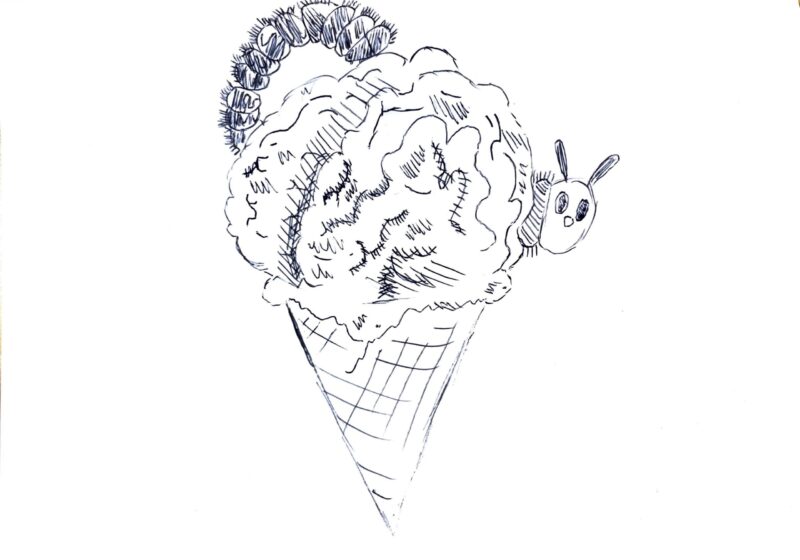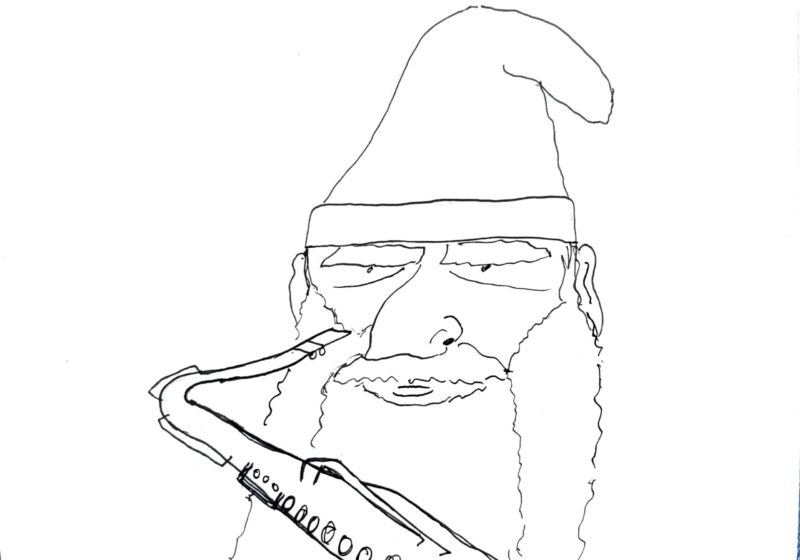I remember opening my iPad one day in fifth grade after a silly conversation with my cousin about scary story ideas — I suppose it might have been close to Halloween. Hours later, I completed my first short story. Since then, I’ve written many (albeit most unfinished) stories, short and long. But also since then, I’ve read more books, seen more negative critiques on stories written by random strangers online, and noticed just how well people my age could write. Since then, I also felt less and less inclined to share my work because — shocker — what if my writing isn’t as good as everybody else’s? What started off as something creative that I could share with friends turned into competition distorted by feelings of incompetence. Writing became something I had to be good at in order to share.
Oftentimes, hobbies begin as something just for fun, something you do to pass time with friends and family, or something you do to escape the hectic life you lead. And before you know it, you’ve been painting for three years and feel like you’re not getting better at it. Imposter syndrome hits, and what was once fun now contributes to feelings of stress and inadequacy. I always wonder why this is — why do we feel like it is unacceptable to do things that we’re not good at?
When did society start pushing us to excel at everything?
I have plenty of anecdotes and memories of thinking I was going to pick up something new and stick with it — whether it be playing the piano, crocheting, or drawing. But there is always a part of me that expects myself to just magically be good at all of those things. And when I’m not, the enjoyment tapers off. I’ve come to realize that I have internalized all the expectations to always excel on a set of skills I learn and am exposed to. I’ve come to equate joy with achievement, not enjoyment.
This is partly why I think mediocrity just isn’t acceptable anymore, including in the hobbies you choose to partake in. Even college applications want to know what your hobbies are — why? To see what else you’re good at (amongst other things, I guess). I can pull up a million websites titled “hobbies that look good on college applications.” If you look at any of these websites, they want you to highlight the achievements and what you excelled at in these hobbies. This mindset is harmful because it’s exhausting to be good at everything.
Writing was my first real hobby — one that I picked up almost a decade ago — and also the only hobby that I have repeatedly come back to despite dropping it constantly. The expectations I set for myself in becoming a better writer have skyrocketed throughout the years. I’ve taken a couple of creative writing classes — scriptwriting, playwriting, and creative writing — to refine this skill. Reading what I wrote from fifth grade has to be the cringiest thing I have ever done in my entire life, and I can definitely see the exponential growth in my writing since then, but the expectations to be better and better is never satisfied. This is why I drop writing for months at a time. This feeling of a hobby becoming, for a lack of better word, a chore, lowers the satisfaction of said hobby.
We have to accept that it’s okay to not be good at something. That it is okay to just suck at an activity but still doing it because it brings you joy. Hobbies are there to give you a breath of fresh air from having to excel at everything, from academics to your occupation. Besides, being good at something is completely subjective, standards ebb and flow as we live our lives, and to be quite frank, we are often our own harshest critic.
Maybe you never get better at the skills that your hobbies teach you, and that’s okay. As long as you are content, as long as it brings you joy, keep pursuing that hobby of yours. Find the joy in the things you do, even if you’re “supposed” to be good at it by now. After all, a hobby is an activity one does during leisure time for pleasure. If it is no longer fun, it is no longer a hobby.
I’ve long accepted the fact that I will forever be mediocre at a couple of hobbies of mine. I’ve accepted the fact that I’m never going to take classes to perfect those skills because just the thought of having an old Disney movie playing in the background, a reference photo pulled up on the side, and watching the strokes of my paintbrush color the page is satisfying enough.
There is a balance between joy and expectations, either set by others or by ourselves; don’t let your hobbies be subjected to the latter. Be mediocre. Be mediocre and enjoy what you’re doing; it beats dreading what you once loved because of expectations.






